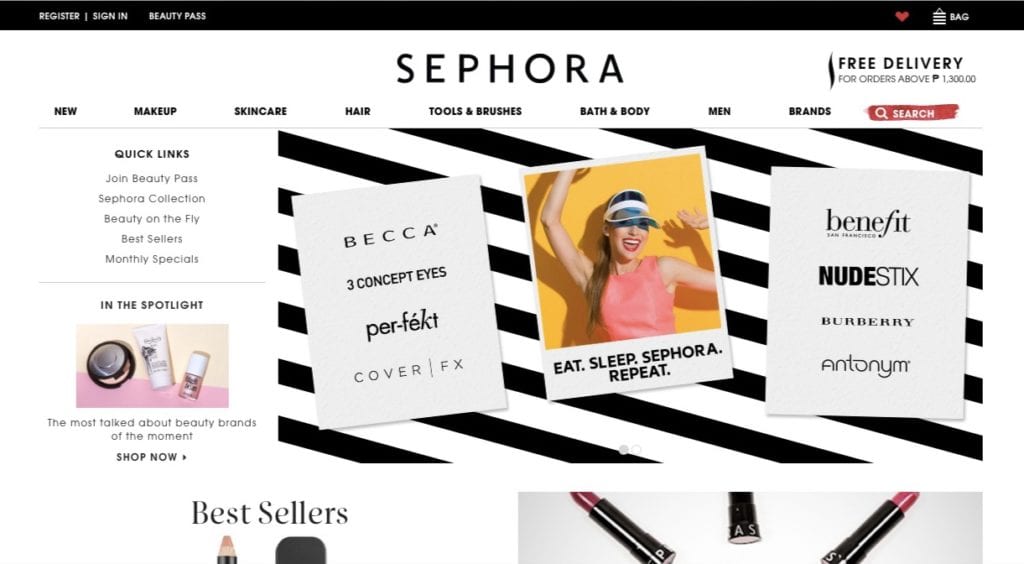Next time you visit a website think about this: there is a chance that the company from which you are about to purchase a designer dress or a skincare product or a vacation package has an individual profile of you. It is not merely a history of your purchases, your sizing details, or your credit card information; it is more thorough than that. It is a shadowy, digital “mug shot” crafted from your online data trail that just might include an estimation of “how much extra cash [you] have to spend on non-necessities,” how “likely [you are] to respond to a sales offer,” and/or what your future income might be.
As part of this model of “surveillance scoring” that very same website you are visiting can determine “what price [you should] pay, the quality of customer service [you should] receive or whether [you] should be able to return items.” This is what Consumer Education Foundation (“CEF”)’s #REPRESENT public interest group asserts in a complaint it filed late last month, in which it is requesting that the Federal Trade Commission (“FTC”) investigate such “scoring” of customers.
Surveillance scoring sees data brokers “collect [and sell] thousands or even tens of thousands of intimate details [about] each person’s life, enough information, it is thought, to literally predetermine a person’s behavior.” That information is processed, “reducing individual consumers to a number – the score – and transmitted to corporate clients looking for ways to take advantage of, or even avoid, consumers,” according to CEF.
This can be wildly problematic, the California-based organization claims, as it “promotes inequality by empowering companies to decide which consumers they want to do business with and on what terms, [thereby], weeding out the people who they deem less valuable.
CEF acknowledges that while such a “technological scheme” seems like one that would be reserved for a William Gibson-esque “dystopian science fiction novel,” it is a widely used tool – with “hundreds of data analytics firms calculating customer value scores” and selling that information to major retailers and brands.
The effects of the use of “secret surveillance scores” come in an array of forms, CEF claims. In terms of pricing, for example, “Customer value scores are used by retailers to make instantaneous, automated judgments about a consumer that may result in consumers paying different prices for the same product based on how much profit the algorithm decides a particular consumer will produce,” CEF asserts. The organization says that it has “detected price discrimination” on websites, such as British online fashion and cosmetic retailer ASOS, which allegedly “treats customers differently [in regards to price] depending on their customer value score.”
On its website, Home Depot allegedly displayed a price of $101 for 5 gallons of Glidden Premium satin latex exterior paint to some consumers, but $119 to others. Such differential pricing, according to CEF, runs afoul of the Federal Trade Commission Act.
From a customer service perspective, CEF claims that it is common for “algorithms [to] enable companies to provide better support to customers they consider more ‘valuable.’” Ranking consumers based on their “lifetime value” to a brand – which is likely the extent of how these brands are using scoring (they are not listed among the companies specifically identified by CEF as employing problematic uses of consumer date) – is far from criminal.
On the other hand, CEF says that others are using the scoring results for “more nefarious purposes,” such as “relying on an assessment of a person’s age, where they live, their income level, behavioral information, the number of bedrooms in their house, their credit card, or their marital status – as surrogates for gender, race, or other categories, [which, if used] constitute unlawful discrimination under federal law.”
The use of scoring systems by companies, such as LVMH Moët Hennessy Louis Vuitton-owned Sephora, Victoria’s Secret, Macy’s, Wayfair, and ASOS, among others (per CEF), is “automatic and instantaneous,” and gives “corporations [the ability] to target, manipulate and discriminate against Americans” in a manner that “is unprecedented and inconsistent with the principles of competition and free markets.” Such use is rarely – if ever – “disclosed to the consumer.”
“Americans have a right to know when their personal data is being used against them by companies making instantaneous, automated decisions and judgments about them as consumers, and to be protected against unfair and deceptive practices,” CEF’s petition asserts.
With all of this in mind, the group has formally requested that the FTC investigate the use of Secret Surveillance Scores in the U.S. marketplace to determine “(1) how Secret Surveillance Scores are generated and applied; (2) which companies are generating and applying Secret Surveillance Scores; (3) which consumers are being targeted by companies using these scores; and (4) the impact of Secret Surveillance Scores on consumers and the marketplace.”











